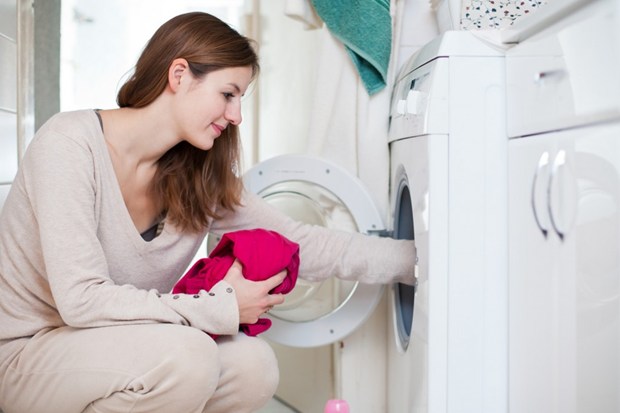Most people think they know how to take care of their home electronics. However, many people are unsure what the best way to do it is. This article will discuss the five best ways to take care of your home electronics and how to keep them in excellent condition.

1. Use a Power Strip
A power strip is a surge protector that helps to protect your home electronics from damage caused by spikes in electrical current. Plugging your appliances and electronics into a power strip can help prevent costly repairs and replacements.
Power strips are crucial for sensitive equipment like computers and TVs. In addition to protecting your electronics from power surges, power strips can help you save energy. Plugging multiple devices into one strip can reduce the number of devices left plugged in and draw power even when not used.
2. Unplug Your Devices When you are Not Using Them
We all know that devices like computers, TVs, and cell phones use electricity, even when turned off. This “standby power” can account for up to 10% of your home’s energy usage and can add up over time. But there’s an easy way to reduce your standby power usage, and it doesn’t involve buying new devices or complex installations. All you need to do is unplug your devices when you’re not using them.
That’s right, simply unplugging devices you’re not using can significantly reduce your energy usage. And it’s not just devices that are turned off that use standby power. Even devices that are turned on but not in use, like a TV waiting for you to press the “power” button, are using standby power.
3. Keep Them Clean and Maintained
One of the best ways to care for your home electronics is to clean and maintain them. Dust and dirt can damage sensitive components and shorten the life of your devices. Hence, cleaning is crucial. In addition, regular cleaning can help to improve the performance of your electronics.
There are a few simple steps that you can take to keep your home electronics clean. First, make sure that you unplug the device before you start cleaning. Then, use a soft cloth to dust off any dirt or debris. You can use a mild cleaning solution and a slightly dampened cloth if there are more stubborn marks.
You can tune up your electronics, like the AC, for better maintenance and efficiency. Hire AC tune-up services to get the job done. The tune-up service providers can quickly assess the working condition of the AC or other electronic devices and fix the need for better efficiency. This can also improve the active life of the electronics.
4. Avoid Extreme Temperatures
You can do a few things to help extend your electronics life and avoid costly repairs. One of the most important things is to avoid extreme temperatures. When electronics get too hot or too cold, it can cause damage to the internal components.
If you live in an area with extreme temperatures, consider investing in a temperature-controlled storage unit for your electronics. Additionally, keep your electronics away from any source of heat or cold, such as a fireplace or air conditioner. In extreme cases, this can even lead to a fire.
5. Be Careful with Physical Damage
As more and more of our lives move online, our home electronics play an increasingly important role in our day-to-day lives. These devices are essential for work, entertainment, and communication, from laptops and tablets to smartphones and smart TVs. However, they can also be quite fragile, and even a small amount of physical damage can result in costly repairs or replacements. That’s why it’s essential to be careful with your home electronics and take steps to protect them from harm.
Drops and spills are the most common types of damage to home electronics. Whether you’re carrying your laptop around with you or accidentally knocking over a glass of water, these accidents can easily damage delicate components. To help prevent this type of damage, it’s crucial to use cases or covers whenever possible. For example, a laptop case will provide extra padding to protect against drops, while a waterproof cover can help shield against spills.
In addition to protecting against drops and spills, it’s also important to avoid exposing your electronics to excessive heat or humidity. Leaving your laptop in a hot car or using it in a humid environment can damage the internal components and lead to problems.
You can help keep your home electronics in excellent condition by taking a few simple precautions. Avoid extreme temperatures, use the right cables, and be careful with physical damage to help extend the life of your electronics and avoid costly repairs.
